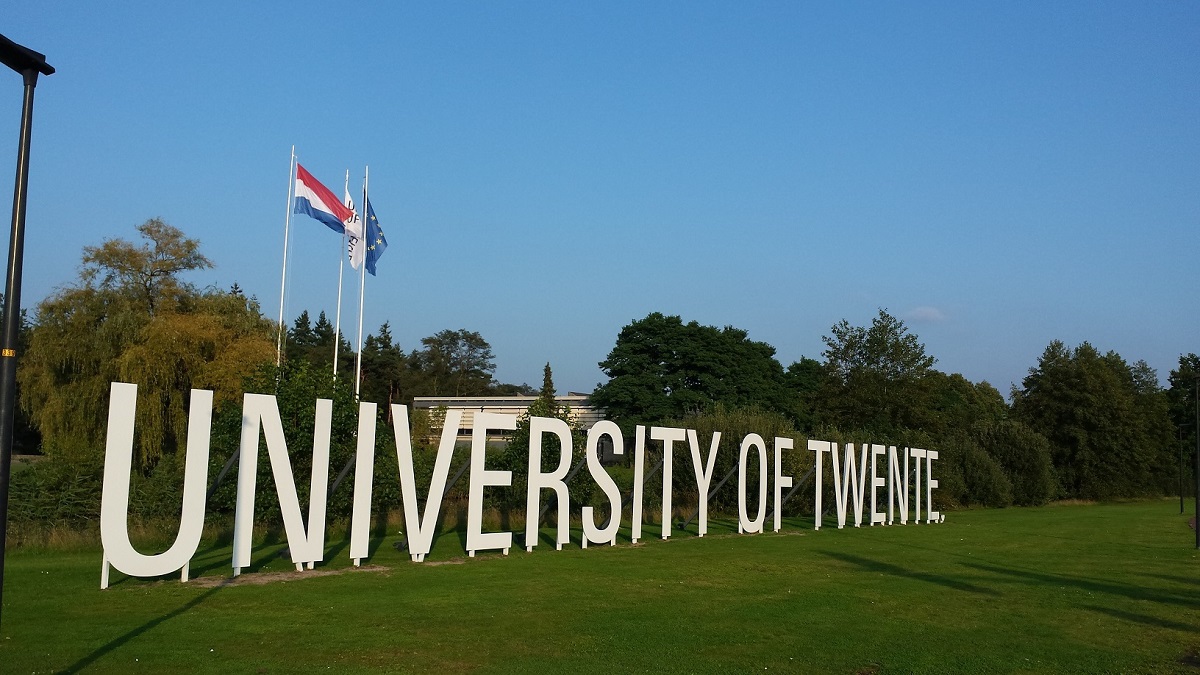
Intelligence led policing with a database of crisis negotiation incidents
KEY TAKEAWAYS
- HOURS40 hr.
- SALARY INDICATION€ 2,541 – € 3,247
- DEADLINE1 Sep 2022
Hostage situations, kidnappings, and personal crises are amongst the most impactful events in society (Giebels & Taylor, 2010). It involves high risk, high gain situations: high risk because of the clear and present death threat and high gain because of the life-saving potential of negotiations. Although the exact number of crisis negotiations in the Netherlands is unknown, research shows that hostage situations alone already account for more than 600 incidents annually (Knotter, 2014). Added with the large number of incidents that surround personal crises, the value of a more systematic analysis of the incidents that have occurred becomes clear. Such intelligence-led policing combines information with analyses, ideally resulting in a self-reinforcing Intelligence Cycle supportive to effective police decision making (Peterson, 2005). Till date, however, crisis incidents are poorly documented in police systems nor does this system necessarily contain the appropriate decision-making variables (such as the strategies employed, cultural background of the person in crisis, context of the incident like location and people present on the scene). Fuelled by actionable intelligence initiatives, this project aims to fill this gap by creating and employing a unified NL wide database of negotiated incidents undertaken by the Dutch police service. For this we join forces between police negotiation practitioners (unified in the NOP platform), the Police Academy (responsible for the education and training of negotiators), and the Psychology of Conflict, Risk and Safety group at the University of Twente with which both have a long-standing cooperation relationship. Additionally, we team up with the UK police, who designed a similar and successful system for UK negotiations.
In the starting phase of the PhD project, the partners will jointly build the Dutch version of the database as part of the Police Innovation Lab. We will also develop and provide a training to all Dutch crisis/hostage negotiators to work with the database, and particularly employ a framework for negotiation strategies — the Table of Ten (Giebels, 2002, Giebels & Noelanders, 2004). In the follow-up, a corpus of collected cases within the database will be analysed. The analyses may be led by the following main research questions:
1. What cultural/operational differences can be identified between the UK and NL? What can we learn from that?
2. What are the key drivers of successful versus unsuccessful negotiations? What is the role of incident type?
3. System employment effects: does it lead to more conscious choices, to better informed decisions, to better evaluation sessions?
YOUR PROFILE
- You are an enthusiastic and highly motivated researcher.
- You are in possession of a MSc in social sciences (e.g., Psychology, Communication Sciences) preferably in relation to safety topics.
- You already have gained knowledge with (crisis) negotiations (practical or theoretical).
- You have proven skills in quantitative data analyses.
- Experience with setting up databases and user interfaces is a pré.
- You embrace the UT motto High Tech Human Touch and see(k) opportunities in a technical environment and with our state-of-the-art BMSlab.
- You enjoy working in multidisciplinary teams as well as with partners from practice.
- You are creative, dedicated and a proven team-player.
- You are interested in participating in educational activities (for practice).
- You are proficient in Dutch and in English (oral and written).
OUR OFFER
- As a PhD student at UT, you will be appointed to a full-time position for four years, with a qualifier in the first year, within a very stimulating and exciting scientific environment;
- The University offers a dynamic ecosystem with enthusiastic colleagues;
- Your salary and associated conditions are in accordance with the collective labour agreement for Dutch universities (CAO-NU);
- You will receive a gross monthly salary ranging from € 2.541,- (first year) to € 3.247,- (fourth year);
- There are excellent benefits including a holiday allowance of 8% of the gross annual salary, an end-of-year bonus of 8.3%, and a solid pension scheme;
- A family-friendly institution that offers parental leave (both paid and unpaid);
- You will have a training programme as part of the Twente Graduate School where you and your supervisors will determine a plan for a suitable education and supervision;
- We encourage a high degree of responsibility and independence, while collaborating with close colleagues, researchers and other staff.
INFORMATION AND APPLICATION
Are you interested in this position? Please send your application via the ‘Apply now’ button below before <1st of September> and include:
- A motivation letter
- A detailed CV
- Names of 2 or 3 people that we can contact for additional information
For more information regarding this position, you are welcome to contact Prof. dr. Ellen Giebels e.giebels@utwente.nl, professor of Social Psychology of Conflict and Safety and Dr Miriam Oostinga m.s.d.oostinga@utwente.nl, assistant professor in the Psychology of Conflict, Risk and Safety section.





